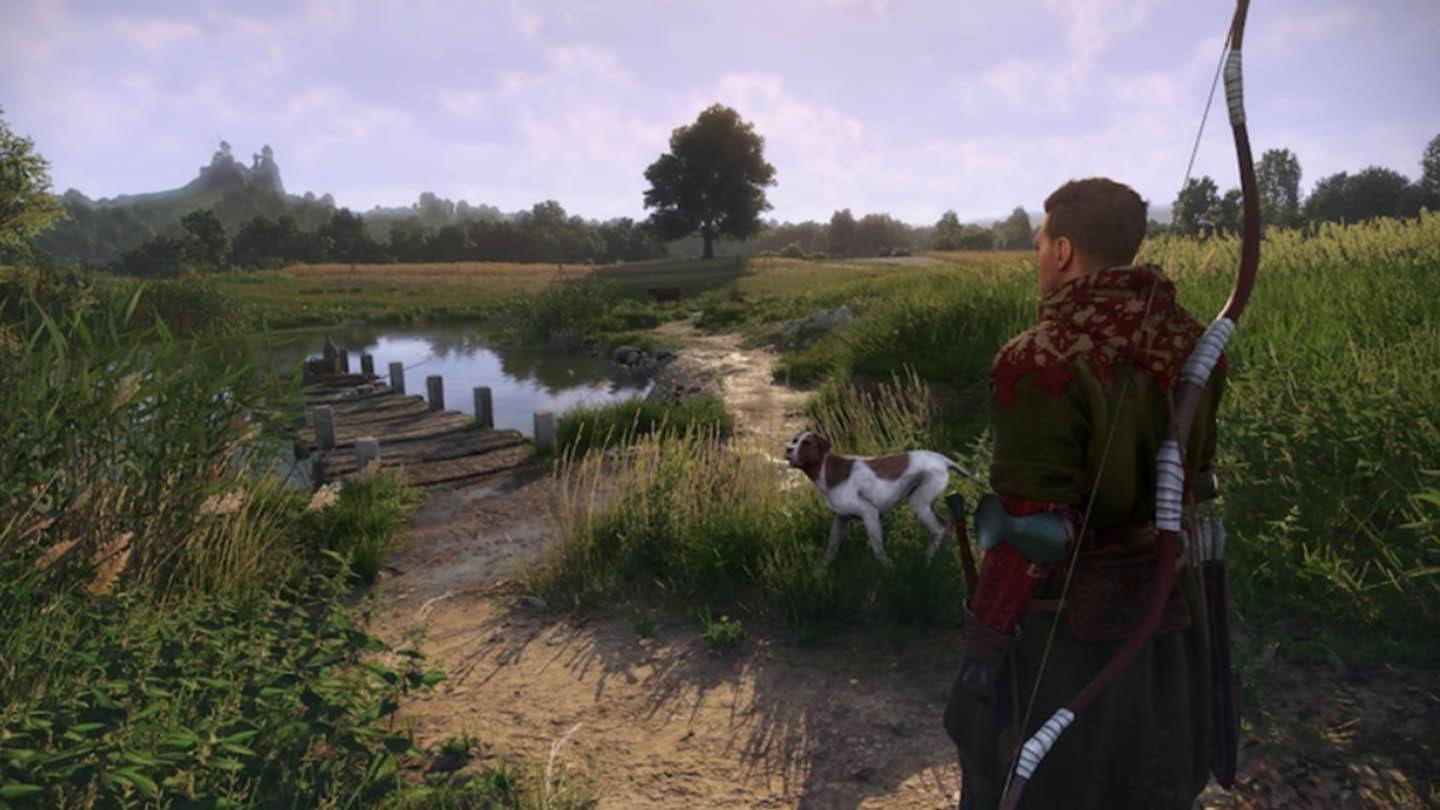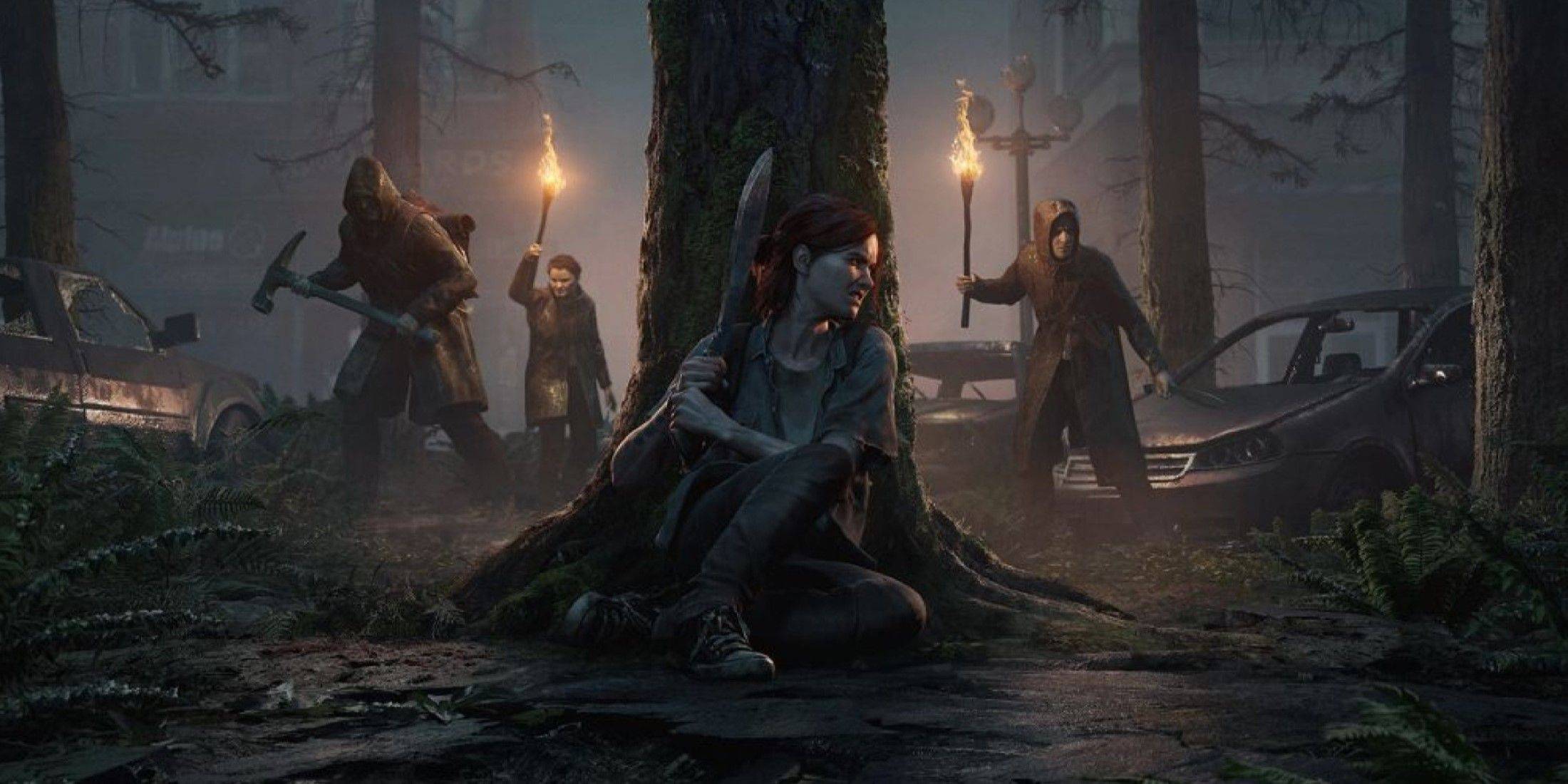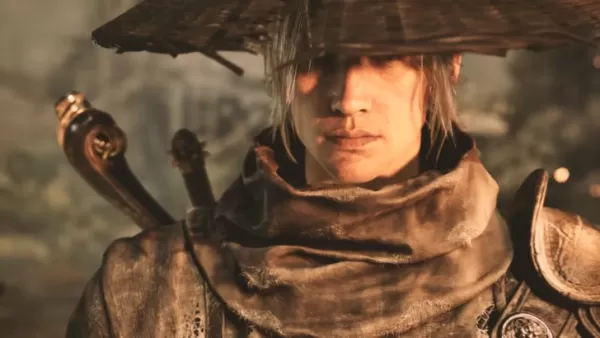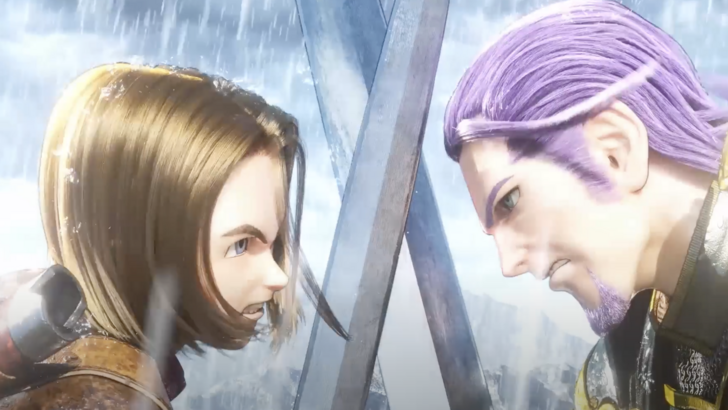Monster Hunter Wilds: Open World Gameplay Redefines Series
- By Simon
- May 05,2025
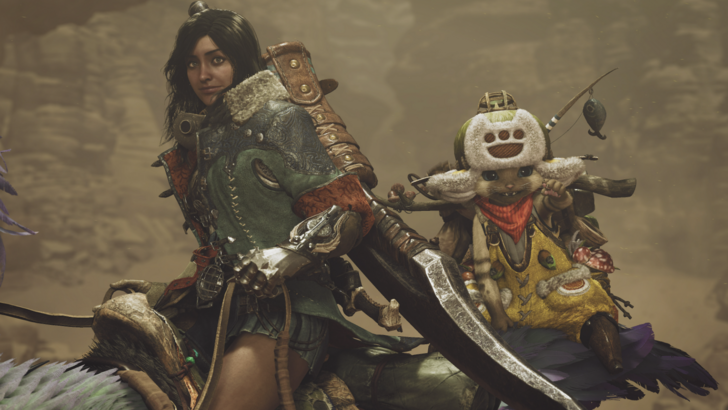
Following the groundbreaking success of Monster Hunter World, Capcom is set to revolutionize the series once again with Monster Hunter Wilds.
Related Video
We Wouldn’t Have Monster Hunter Wilds If It Wasn’t For World
Capcom Hopes to Capitalize on Extended Global Reach with Monster Hunter Wilds -----------------------------------------------------------------------------Redefining the Monster Hunter's Hunting Grounds
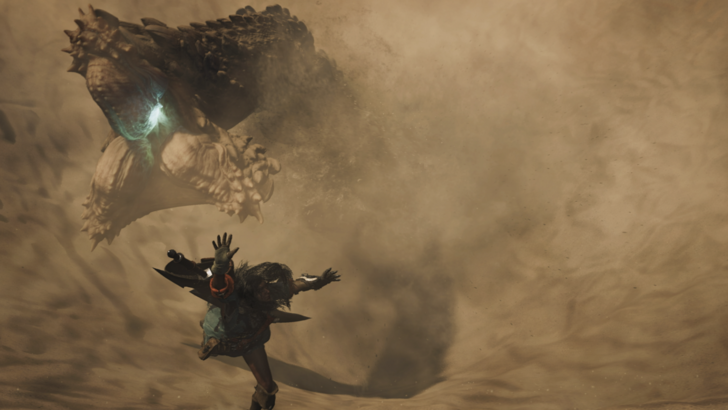
Monster Hunter Wilds marks Capcom's bold new chapter in the Monster Hunter saga, transforming the franchise's iconic battles into a dynamic, interconnected world that thrives with a living ecosystem evolving in real time.
During an insightful interview at the recent Summer Game Fest, series producer Ryozo Tsujimoto, executive director Kaname Fujioka, and game director Yuya Tokuda shared their vision for Monster Hunter Wilds. They highlighted a shift towards seamless gameplay and an immersive environment that reacts to player actions.
As with its predecessors, players in Monster Hunter Wilds assume the role of hunters exploring a new, uncharted territory brimming with unique wildlife and resources. However, the game's demo at Summer Game Fest revealed a significant departure from the traditional mission-based structure. Instead of segmented zones, Wilds introduces a seamless, open world where players can freely explore, hunt, and engage with the environment.
"The seamlessness of the game is truly at the heart of our design for Monster Hunter Wilds," Fujioka stated. "Our goal was to craft detailed and immersive ecosystems that require a seamless world filled with hostile monsters that players can freely hunt."
In-Game World is Immensely Dynamic
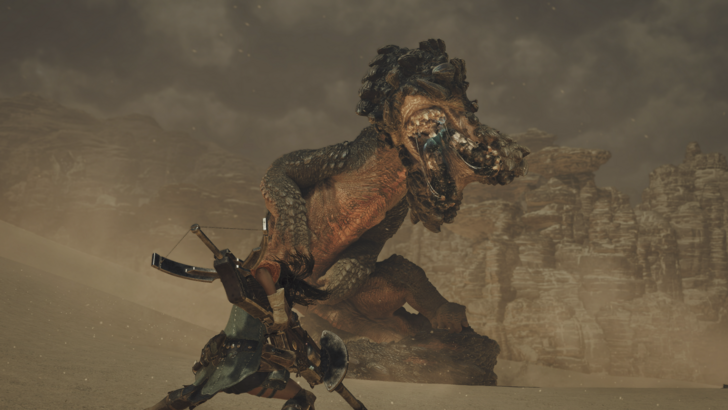
The demo showcased desert settlements, expansive biomes, and a variety of monsters, along with NPC hunters. This new approach allows players to select their targets and actions without the pressure of a timer, offering a more liberated hunting experience. Fujioka emphasized the importance of world interaction, stating, "We focused on interactions such as packs of monsters pursuing prey and their encounters with human hunters. These characters exhibit 24-hour behavior patterns, enhancing the world's dynamism and organic feel."
Monster Hunter Wilds also introduces real-time weather changes and fluctuating monster populations. Game director Yuya Tokuda discussed how new technology enabled this dynamic world, saying, "Creating a vast, evolving ecosystem with numerous monsters and interactive characters was a significant challenge. We can now achieve simultaneous environmental changes, which was previously unattainable."
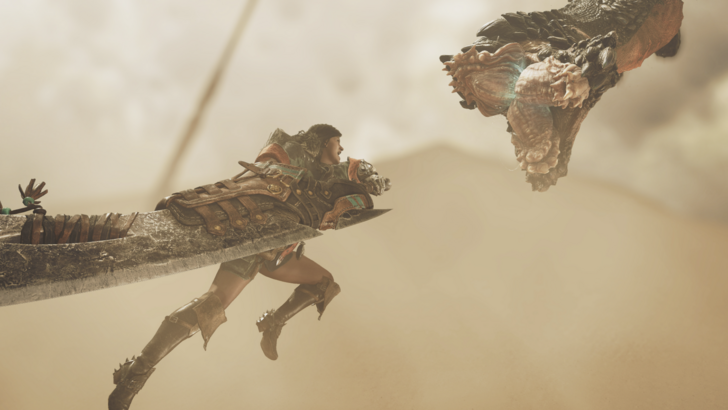
The success of Monster Hunter World provided Capcom with valuable insights that shaped the development of Wilds. Series producer Ryozo Tsujimoto noted the importance of a global approach throughout the development process. "We approached Monster Hunter World with a global mindset, focusing on simultaneous worldwide releases and extensive localization. This perspective helped us consider how to re-engage players who may have drifted away from the series and bring them back into the fold."
Latest News
more >-

- LoL First Stand 2025: Why It Matters
- Dec 26,2025
-
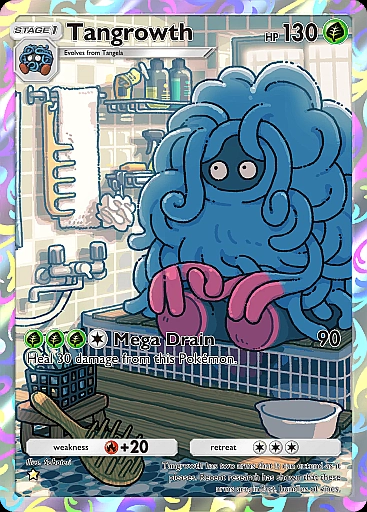
-
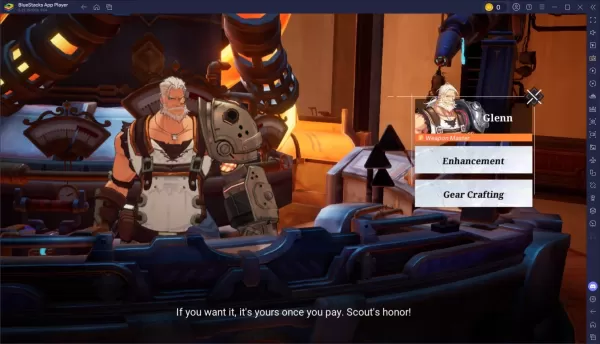
- Atlan Crystal: Boost Gear Quality Guide
- Dec 25,2025
-
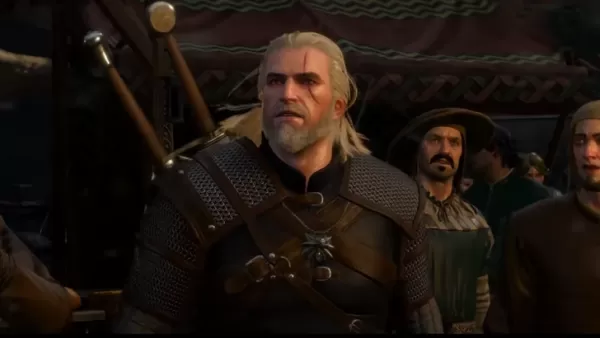
- The Witcher 3 Mod Support Patch Pushed to 2026
- Dec 25,2025
-

- Unraveling R.E.P.O.: What the Title Means
- Dec 25,2025
